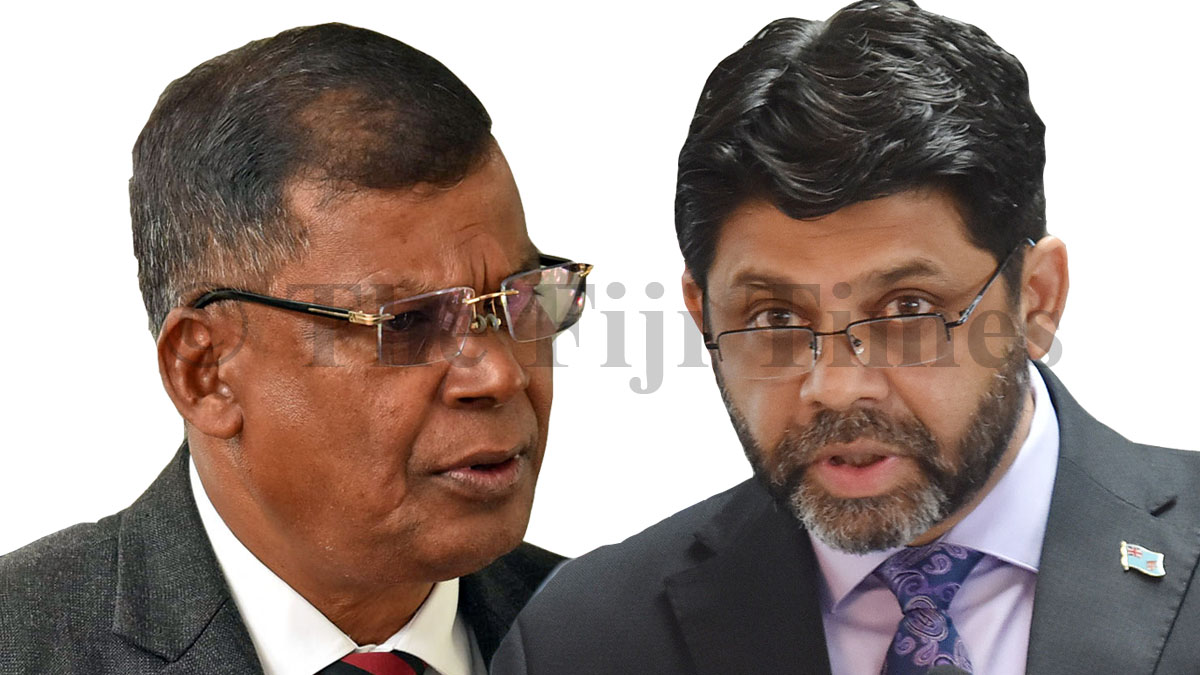As Parliament sits this week, it seems interesting issues are emanating from the House.
Expectation was high earlier in the week. You could almost feel the anticipation. But of what? Who knows?
In 2015, the UNDP resident representative Osnat Lubrani said: “We very much hope that the Parliament will be the place and the space for very robust, but respectful, debate and discussion, a parliament where differing opinions can be voiced but also where consensus can be found.”
Let’s face it, this is important for democracy.
It is important for our nation.
There are many issues facing us as a nation right now.
Our leaders have a platform to discuss and debate on issues that are important to us.
From the perspective of the media, reporting on parliamentary proceedings is important in the mechanics of developing our nation.
The relationship between the media and politicians is always an interesting one.
It can be awkward sometimes, but the emphasis remains the same – what transpires in the House, and holding power to account, or truth to power!
You can say there is a sort of love-hate relationship.
In the face of that though sits the role of the media as the fourth estate.
The dissemination of information from Parliament is important for us all.
It offers us a glimpse of proceedings, issues of discussion and debate, and processes that are important for our nation.
There have been a number of interesting topics raised this week.
We’ve had it all, from issues pertaining to the University of the South Pacific, fashion, alleged nepotism, Government finances, the reinstatement of a member of parliament, land leases, the issue of regional trust, and the Ministry of Education busting its students’ transport assistance subsidy budget by more than $7m in the 2017-2018 and more than $4m in the 2018-2019 financial years.
We’ve heard about a study on industrial hemp, the revelation that 28 villages around Fiji needed relocation in the aftermath of Tropical Cyclone Winston in 2016.
We had a new member sworn into Parliament this week and that the Health Ministry will be using $25m allocated in the 2021-2022 national budget to meet its COVID-19 responsive costs.
Today Attorney-General Aiyaz Sayed-Khaiyum refuted statements made in Parliament by Opposition MPs that social welfare recipients could only access government assistance if they received the COVID-19 vaccine.
The A-G also stated Fiji does not accept Professor Pal Aluwalia as the vice chancellor and will not provide any new funding assistance to the University of the South Pacific as long as he remains the VC. Opposition MP Ro Filipe Tuisawau insisted the issues at USP existed well before Vice Chancellor Professor Pal Ahluwalia entered the scene.
We also heard National Federation Party leader Professor Biman Prasad questioning the wisdom in discussing issues at the University of the South Pacific while Fiji was in the grip of the COVID-19 pandemic – which had claimed the lives of 643 Fijians.
Whatever your take is on the opening days this week, it is important to note the business of getting things into perspective. It is important to note issues people can relate to as well, and what is relevant. In saying that, it is important to know what the people are facing and what their concerns are right now. Perhaps the powers that be should be able to relate to this. We will continue to look forward to robust, but respectful debate and discussion.



